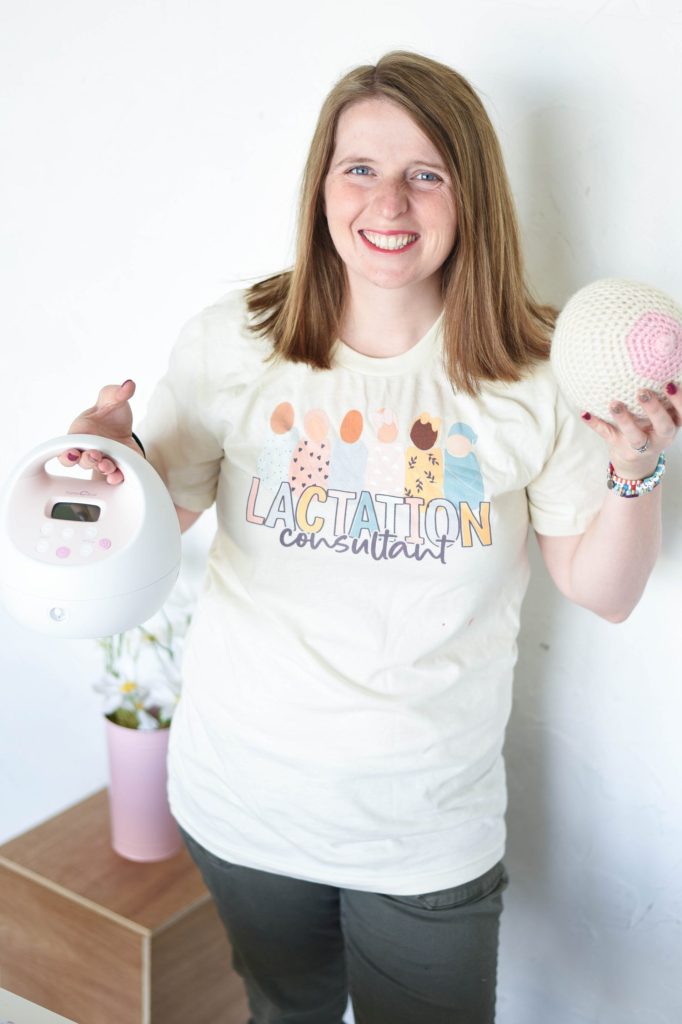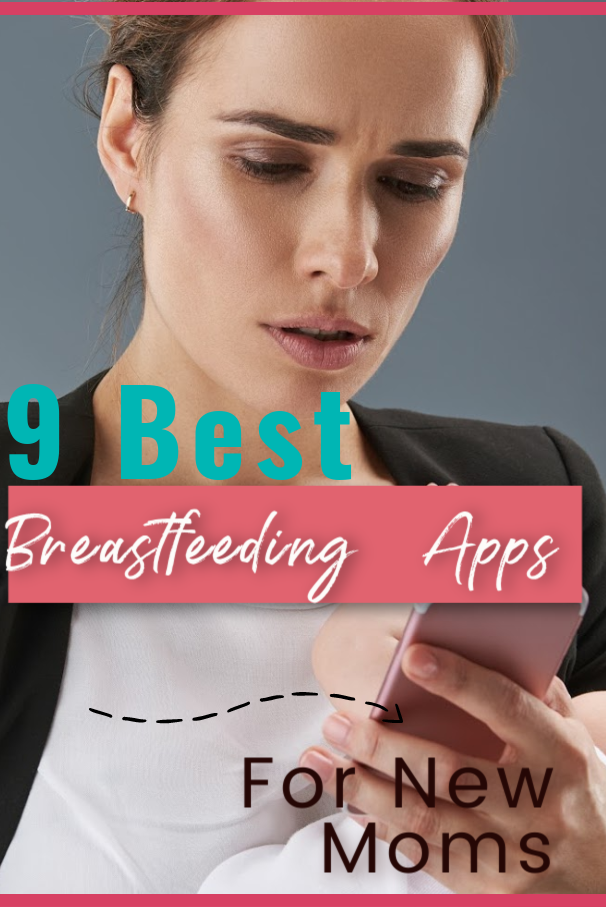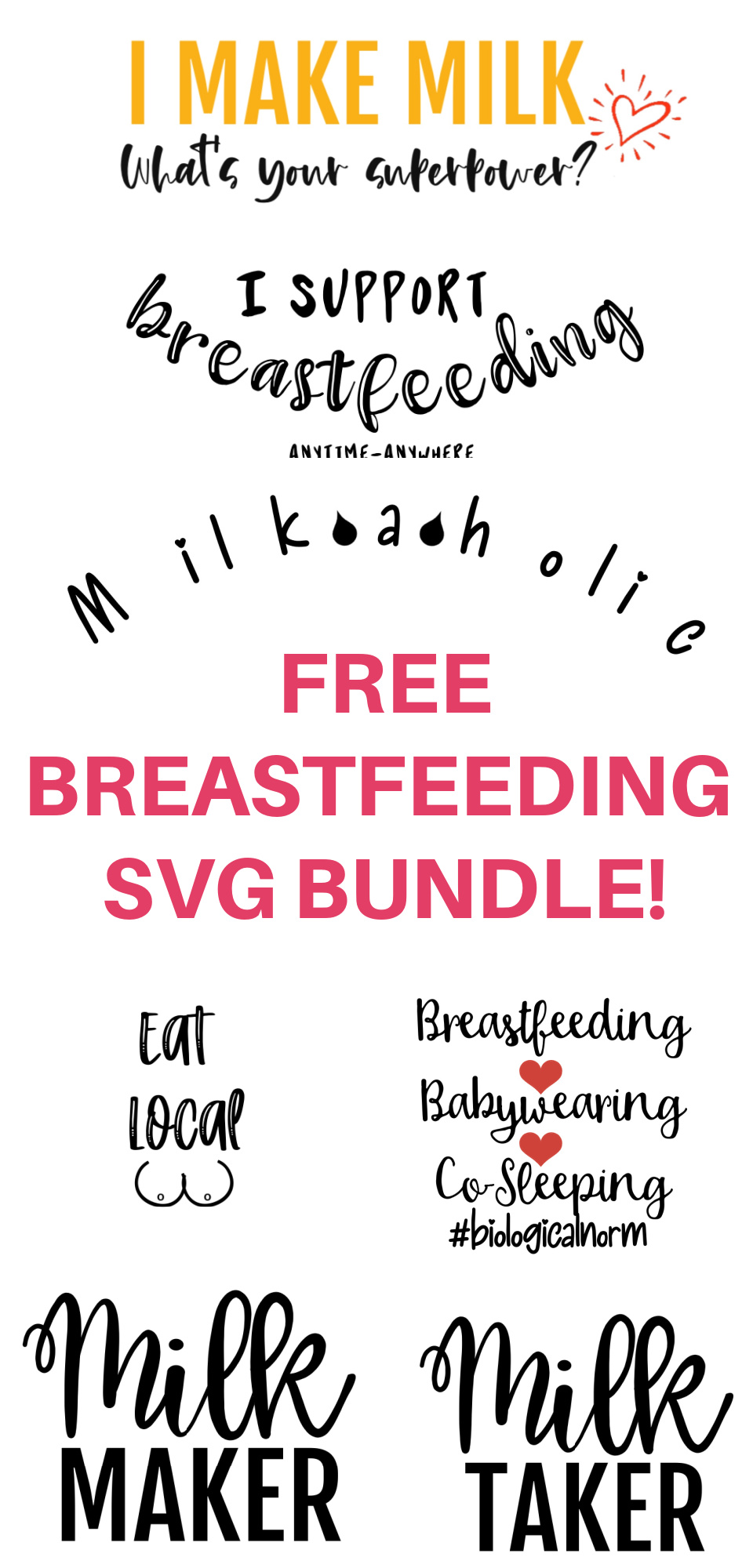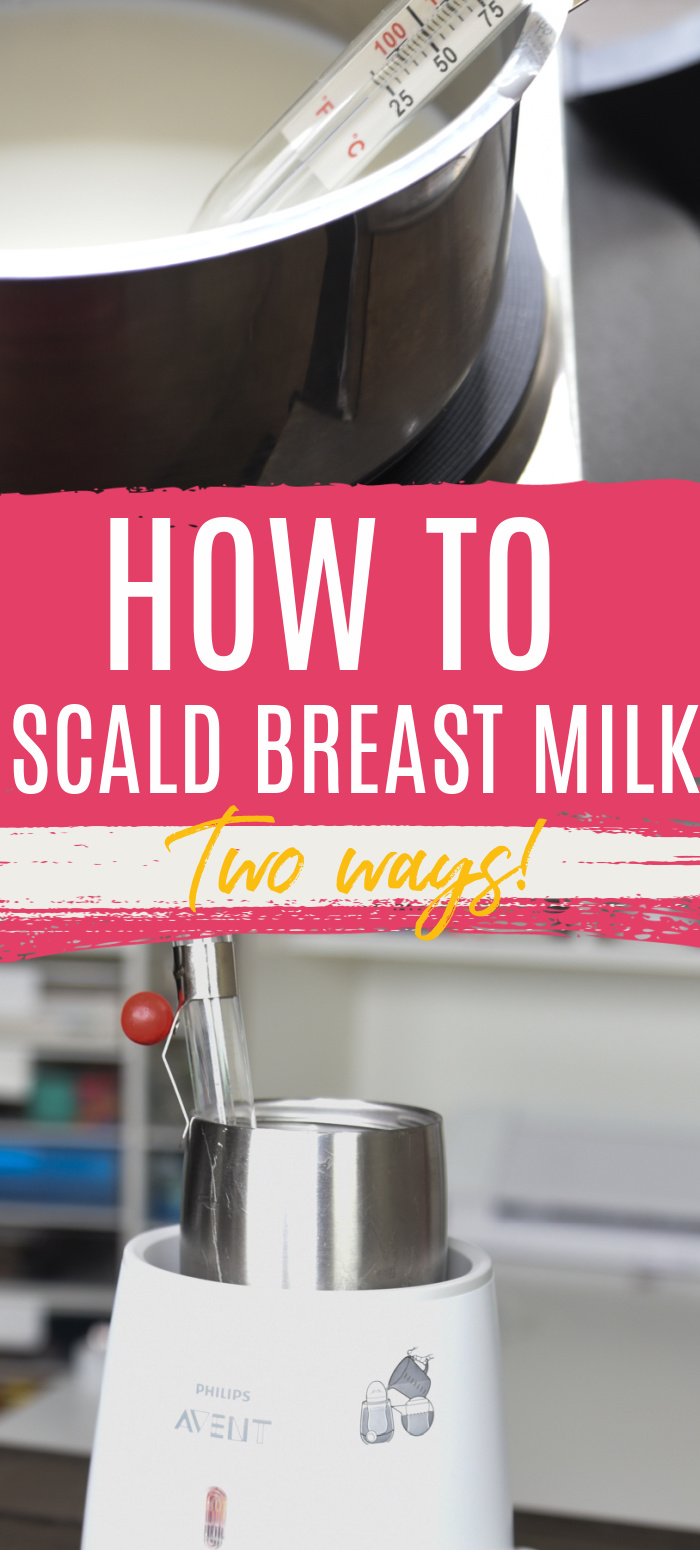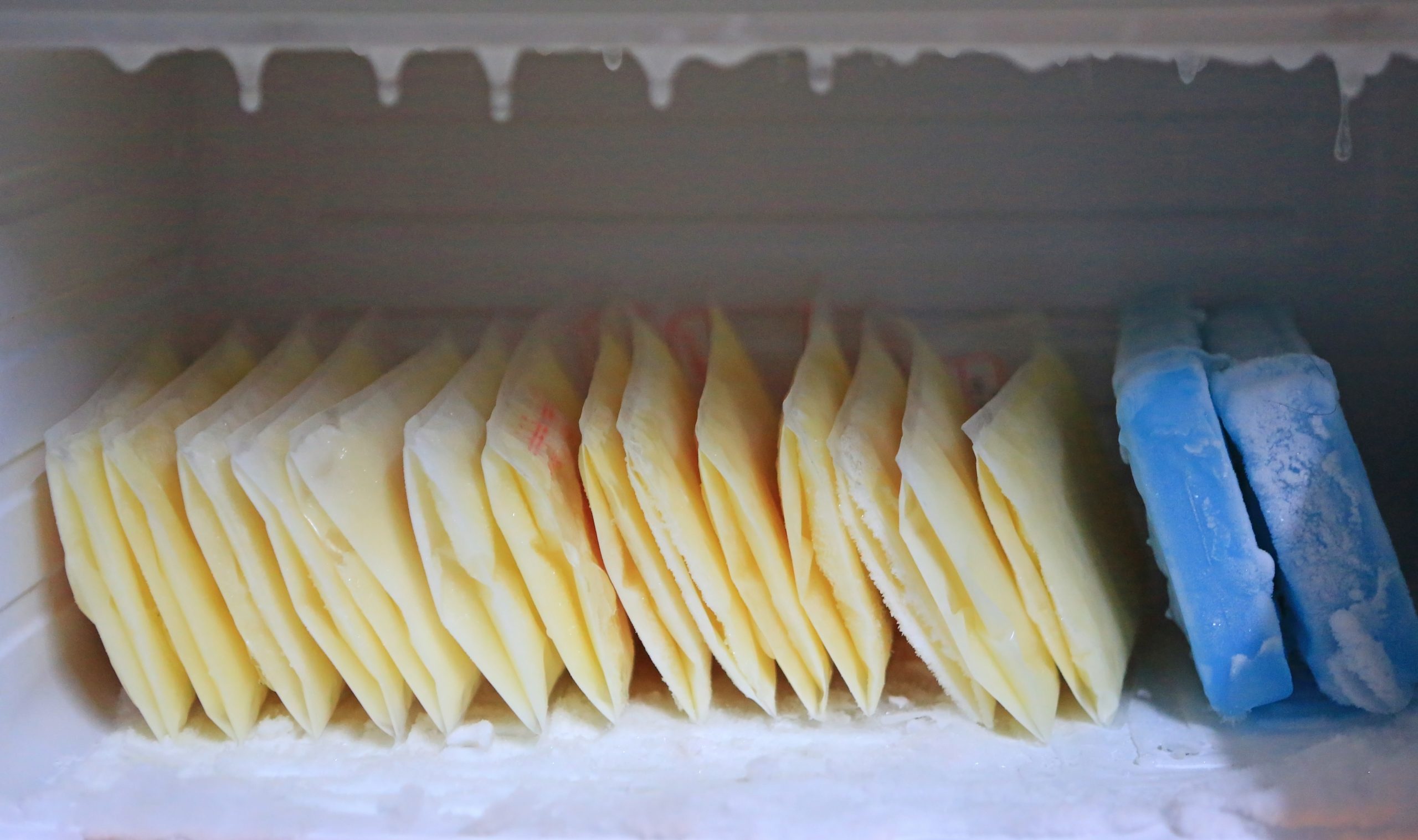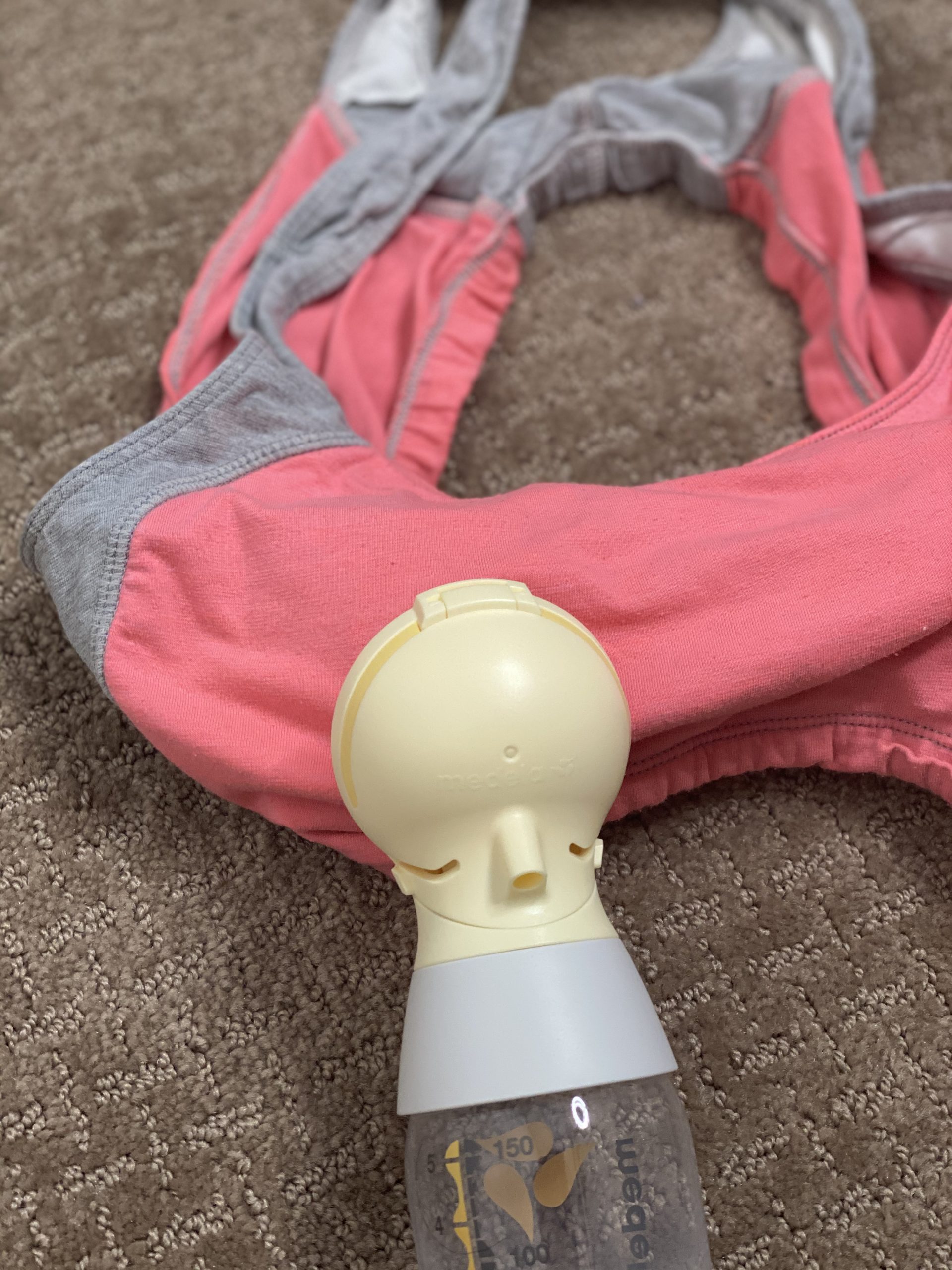Is breastfeeding a toddler okay? Are there any benefits to extended breastfeeding? Be sure to read on for 14 myths about extended breastfeeding to see if it’s right for you!
Contrary to what many believe, breastfeeding past infancy is normal and common. However, with the stigma surrounding it, there are many myths. In this post, we go over some of the most common myths and why you shouldn’t believe them!

I never intended to nurse my oldest son past a year.
In my limited circle of influence at the time, I just didn’t know anyone who did.
I just thought everyone weaned at a year – in fact, the only time I had heard about someone nursing past a year, it was my mom with my little brother because apparently he was at an increased risk for diabetes, and the pediatrician thought nursing until 18 months would help.
Admittedly, whenever I heard of someone nursing longer than a year, I thought it seemed a bit bizarre.
So, I went into our breastfeeding journey thinking it would magically end at 12 months.
Well, as my first baby’s birthday approached, he was still nursing pretty frequently.
I started getting comments like, “So you should be winding down soon, right?”
I felt awkward going to the mother’s lounge at church, as everyone in there only seemed to be nursing tiny newborns as I tried to wrangle my one-year-old.
However, I just didn’t feel like I wanted to stop – he was clearly growing fine, and I felt like it would be more traumatic for him and me to suddenly stop nursing suddenly.
So, his first birthday came and went, and we just kept going.
He nursed until he was 23 months. At that point, he was only nursing once during the night.
When my second came along, I figured I would go the same path.
Of course, I had a lot of problems nursing him, and sometimes I wondered if we’d even make it a couple months.
But fortunately, we did, and after that it was smooth sailing.
His first birthday came and went, and we continued on.
Same story with my third child.
Unfortunately, there is a lot of misinformation and stigma around this topic, even though in my experience, more moms end up breastfeeding past a year than you might realize.
Myth #1: It’s weird/creepy/unnatural
People automatically assume that because something is different from what they are used to, it’s wrong and weird.
Yes, in the United States, breastfeeding past one isn’t the “norm.”
But that doesn’t make it creepy. And it definitely doesn’t make it child abuse (I don’t understand people who say that at all).
Chances are, you know someone who is breastfeeding a toddler and you don’t even know it. I’ve found a lot of moms – myself included – don’t ever mention it to anyone.
Often because it’s not a societal norm, and it can feel awkward to bring it up or “admit” that you didn’t wean at the age of one.
Especially after you’ve gotten one too many side glances and “You are STILL nursing him?!” comments.
But, breastfeeding past the age of one isn’t weird. Hopefully more people will talk about it, and it will become less “taboo”.
Myth #2: There is no nutritional value
This one always makes me chuckle.
“You do realize all nutritional value from breast milk ends at the age of one.”
This doesn’t even make sense to me. How can breast milk go from having just about everything baby needs at 11 months and 29 days, but the moment the clock strikes midnight on their first birthday, it’s just a bunch of worthless garbage?
Doesn’t work like that.
Breast milk continues to provide plenty of nutrients and antibodies – and just as it changes throughout the first year, it continues to adapt to your child’s needs even after the first year is over.
Will breast milk provide 100% of what your toddler needs? No. They definitely need other forms of food at this point. However, it does still provide a lot of their nutritional requirements.
This is an excellent resource from Kelly Mom about breast milk past infancy.
Myth #3: It creates overly dependent children
As does avoiding “crying it out”, co-sleeping, and baby wearing, right?
Extended breastfeeding certainly falls under the category of “attachment parenting”, which often suggests the opposite of overly dependent children will occur when properly implemented.
While I haven’t done any studies on this, my anecdotal evidence comes from Jack. He’s a very confident child. He doesn’t cling to me. He doesn’t rely on me to do every thing for him. He is very much secure in himself.
Are there children who were breastfed past the age of one who are overly dependent on their parents? I’m sure there are. However, I’m also quite sure there are children who were weaned earlier – or never breastfed at all – that are insecure. There are SO many factors involved – and I’m about 99% positive that extended breastfeeding does not equal parental dependency for life.
Myth #4: They won’t ever stop
I don’t know of anyone who goes to college breastfeeding, do you?
The WHO states that the worldwide average age for self-weaning is around age four…I have read different information on this topic, and I would say it’s probably closer to age two in developed countries.
Either way, most children will stop on their own. I always use a “don’t offer, don’t refuse” approach with my boys, and both of them, by the age of 18 months, had stopped nursing during the day on their own and moved solely to nap time and bedtime nursing (which, admittedly, can be the hardest to wean from!)
Myth #5: They won’t sleep through the night
Sleep is a developmental thing, and believe it or not, it is normal for a child to wake up multiple times in the night through toddlerhood.
This is the case with breastfed and formula fed children, as well as children who are breastfed into toddlerhood.
I will say that my son started sleeping better on his own when we moved him to his own room (which as at 18 months, we kept him closer because he was on oxygen due to sleep apnea). However, I believe that’s more because he needed is own space.
Here is a great article about why breastfed toddlers do sometimes wake up more often during the night. However, remember that just because you are breastfeeding doesn’t mean they won’t sleep through the night. It varies so much depending on the child!
Myth #6: You have to keep pumping
I hear a lot of moms who say that they would like to continue breastfeeding their child after a year, but they don’t want to pump during the day…and often they think it’s either one or the other.
While you may certainly see a drop in supply as you drop pumping sessions, I believe it’s entirely possible to keep breastfeeding when you are with your child.
I personally have never been a big pumper (except for about the first three months of Oliver’s life),
Myth #7: Toddler’s need cow milk
Yes, cow’s milk has some great nutrients in it for children….however, the recommendation of giving cow’s milk doesn’t stem from it being better than breast milk. It stems from most children not having breast milk anymore and needing a replacement.
The milk from a mother will always be preferable.
Myth #8: It’s only for the mom
“Breastfeeding is just for the mom after a year. They just can’t let go.”
Okay then.
First off, not true. As I’ve already mentioned, there are numerous benefits to nursing past infancy for baby.
And yes, there are benefits for mom too.
I don’t know very many moms (as in, none) who force their child to nurse past infancy. It’s typically a mutually beneficial relationship, and honestly, there’s nothing wrong with wanting to continue nursing as long as it’s working for both mom and baby. It can be a very soothing and comforting experience for both mom and baby.
Myth #9: If your baby can ask for it, you’ve been nursing too long
Well, if this was true, I should have weaned my boys at about eight months, because they were both saying, “mama milk” at about that age.
Myth #10: It will ruin their teeth
Ah, yes. Breastfeeding – especially past infancy – will forever ruin your child’s teeth.
Bottle rot is real thing. Giving your child juice or other sugary foods can cause issues.
However, the evidence supporting the idea that breastfeeding ruins teeth just isn’t that substantial.
More often, the diet and genetics of a child often has more to do with tooth decay.
With that said, breastfeeding won’t necessarily prevent or slow decay, so taking care of your infant’s teeth from birth is essential.
This has some great information about breastfeeding and tooth decay.
Myth #12: You can’t breastfeed a baby/toddler with teeth
The moment a mother feels that first tooth bud pop up can be a little scary.
The truth is though, you can absolutely continue to breastfeed when your child has teeth. If a child is actively eating and properly latched, their teeth shouldn’t cause issues.
However, many infants and toddlers will bite when they aren’t actually eating, and that can lead to premature weaning. This is a great article about babies, teeth, and biting.
I never dealt with biting with Jack. Oliver did bite me a few times, and he had a poor latch due to a tongue and lip tie, which did cause his teeth to create some tears and pain at times. However, when he was about a year, he fell and broke his lip tie, and I never had that issue again.
Myth #12: You should just pump and give it in a cup
“This is just more appropriate. If a mom insists on giving breast milk past a year, the child should just drink it from a cup like any other liquid.”
For one thing, pumping is not an easy thing – especially as baby gets older. The last time I tried to pump, I got maybe one or two drops.
Secondly, there’s no reason a mom should just give breast milk in a cup if she wants to nurse from the breast still. End of story.
Myth #13: They don’t need breast milk
I think I’ve adequately fleshed this topic out, but this is definitely something that gets said a lot.
Breast milk may not be as important in their diet as it was an infant, but that doesn’t mean they don’t need it. It provides many nutrients and antibodies, and it’s a great way to deliver it!
What the Experts Say
When all is said and done, here is what the experts say:
The WHO (World Health Organization):
“Exclusive breastfeeding is recommended up to 6 months of age, with continued breastfeeding along with appropriate complementary foods up to two years of age or beyond.” (read more here)
The AAP (American Academy of Pediatrics):
“What we do know is that as your child moves from babyhood toward toddlerhood, breastfeeding continues to act as a source of profound comfort and security, laying the groundwork for a confident, happy, and healthy future. For this reason, as well as the continued nutritional and immunologic benefits of breastfeeding, the AAP advises mothers to continue nursing beyond the first year for as long as mutually desired by mother and child.”
and
“In the end, the decision about how long to breastfeed your baby is one that only you—with help from your baby—should make. The nursing relationship is a unique bond, one that ideally should be supported by your partner and other family members. So whether it ends when your baby is six months old or three years old is a personal choice. Follow your instincts, and do what is best for you and your baby.”
Conclusion
I hope that this post has helped clear up some common misconceptions about breastfeeding past infancy.
My intent is not to say that breastfeeding past the age of one is for everyone – for many people, it’s not possible or desired. And that’s okay – I strongly support mothers doing what is best for their family and situation.
There are plenty of times where I feel like it would have been easier to wean at a year – and at two years old, I’m honestly ready to be done. However, I’m grateful that I’ve been able to nurse my children until they are about two-years-old, and if that’s your goal, I hope that this has helped empower you to do so.
My intent is to help normalize breastfeeding past the age of one. If I’m being 100% honest, there have been many times where I have had people question me doing this, and I start to stumble on my words in an attempt to defend myself. No one should have to feel like they have to defend how they feed their child, so long as that child is growing and developing as expected!

